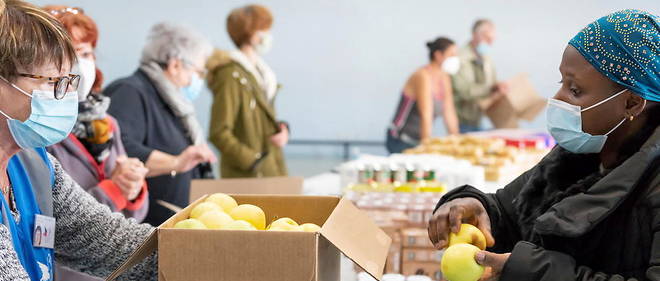In accordance with the law, the French government asked the CNLE (Conseil national des politiques de lutte contre la pauvreté et l’exclusion sociale) to issue an opinion appended to the annual report on supplementary health insurance. This year, the Board welcomes the improvements made to this system.
Every year, the Social Security Department (DSS) produces a report on complementary health insurance (C2S). The latter reveals that by June 2023, the number of C2S beneficiaries was 7.4 million, including 5.9 million for free C2S (C2SG) and 1.5 million for C2S with financial participation (C2SP). Total net expenditure reached almost €3 billion in 2023, up 1.8% on 2021.
The CNLE was delighted to see the C2S extended to Mayotte, enabling an additional 20,000 people to benefit from it since January 1, 2024. He also highlighted simplification measures to improve access to the system. Despite these significant advances, inequalities in access to care and coverage persist for insured persons, depending in particular on their affiliation status: state medical aid (AME), universal health protection (PUMa) or C2S. The CNLE thus reiterated the urgent need to respond favorably to the proposal to merge these three schemes. The phenomenon of non-use is also a major concern for the Board. Renunciation of care has increased by 14 points between 2021 and 2022 for generalist consultations, according to the DSS report. Against this backdrop, the CNLE is calling on the government to accede to the demand for “a single health insurance scheme for all persons residing in France, regardless of their status, with 100% coverage for a basket of care that meets everyone’s needs”. The Council also recommends generalizing third-party payment.
In addition, the CNLE proposes to strengthen the “outreach” system by actively mobilizing primary care professionals. As part of ongoing negotiations with the French national health insurance fund (Caisse nationale de l’Assurance maladie – CNAM), it calls on CNAM to promote the value of the patients concerned to private practitioners and community pharmacists, by means of lump-sum incentives.


